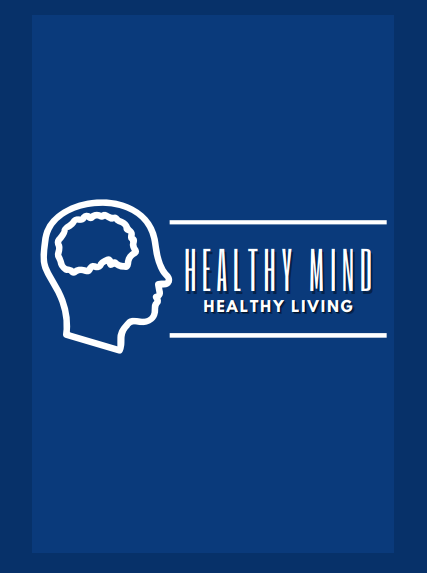Healthy Mind, Healthy Living: Eating Disorder Awareness: “Every Body Has a Seat at the Table”

March 5, 2021
Anyone who has struggled or currently struggles with an eating disorder or any related issues should not feel inclined to read this article if these topics “trigger” certain behaviors. Please remember, the National Eating Disorders Association offers support through the helpline (800) 931-2237 and their crisis helpline (text “NEDA” to 741741). In instances of emergency, please contact 911. If you or someone you know is struggling, please reach out to a trusted adult to receive necessary counseling.
The National Institute of Mental Health categorizes three main illnesses as eating disorders: anorexia nervosa, bulimia nervosa and binge-eating disorder. However, as with any other struggle or difficult experience, everyone has a unique situation or circumstance and different recovery process.
Anorexia nervosa is closely related to body dysmorphia, as those who have the illness see themselves as overweight when, in reality, they appear too thin, and may near a much more dangerous weight. Individuals with this condition often restrict their food intake, institute rigorous and unhealthy exercise habits and use forced methods to lose weight.
Bulimia nervosa involves instances of overeating coupled with a loss of control over the situation. Negative behaviors to “compensate” for the overeating often follow. Those who struggle with bulimia nervosa may be underweight, their recommended weight or overweight.
Binge-eating disorder is characterized by frequent overeating and inability to control oneself and their intake of food during an episode. Unlike other disorders, these episodes may not lead to a series of varying negative behaviors to counteract the actions which took place during the episode. As the most prevalent type of eating disorder and individuals, many who have the illness often become overweight and/or obese.
National Eating Disorder Awareness Week, which took place from Feb. 22 through Feb. 28, shone a spotlight on the various resources available to those who struggle with issues related to body and food positivity.
This year’s theme for the NEDA Awareness Week followed the principle that “Every Body Has a Seat at a Table.” The emphasis on acceptance and promotion of a culture that embraces all bodies has emerged in an age where social media has created false notions of how a person should look, act, feel and resemble.
Studies show that the media as a whole has led to a large increase within the past 50 years in adolescent eating disorders. With much of the media and culture perpetuating a certain body type, over 44% of adolescent girls see themselves as overweight, and 60% decide to institute habits in hopes of weight loss.
Overall, the NEDA estimates that over 20 million women and 10 million men in the U.S. may suffer from an eating disorder during their lifetime.
In addition to coping with an eating disorder, many of those affected by the illness may also have certain conditions that occur at the same time. These include: anxiety, depression and obsessive compulsive disorder. Other situations which may exacerbate an eating disorder include pregnancy, substance abuse, trauma, PTSD and diabetes.
Recovery is not linear. Resources remain ready and available for those struggling and in need of help. Seeking guidance and support may feel difficult in the moment, but receiving help from professionals and loved ones can help one throughout their healing process. Everyone has different experiences and it remains imperative to learn how to help oneself and continue on the road through recovery.







